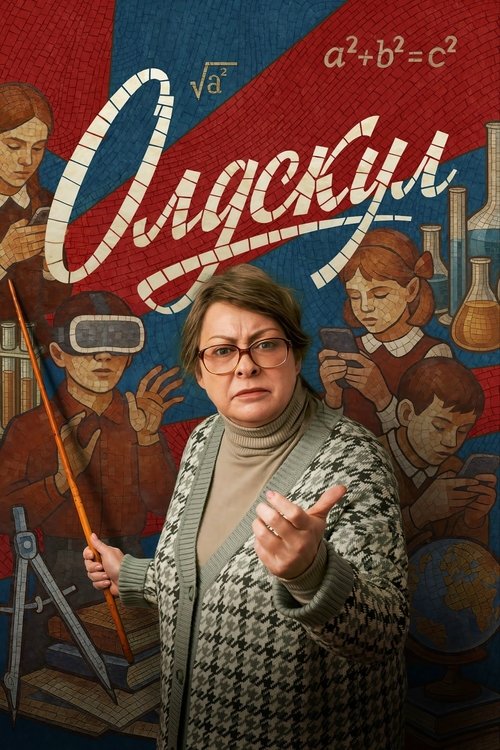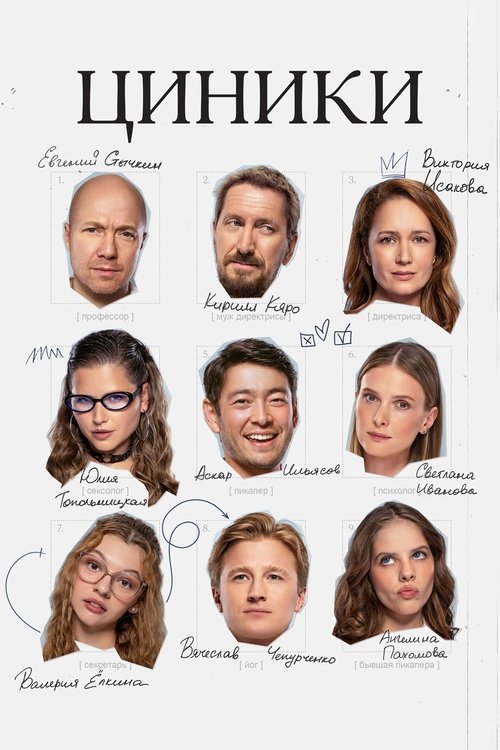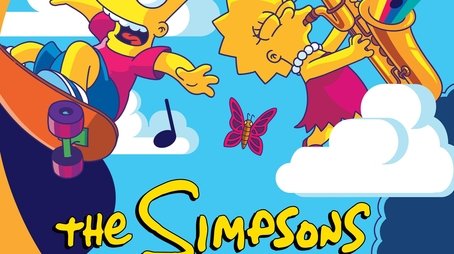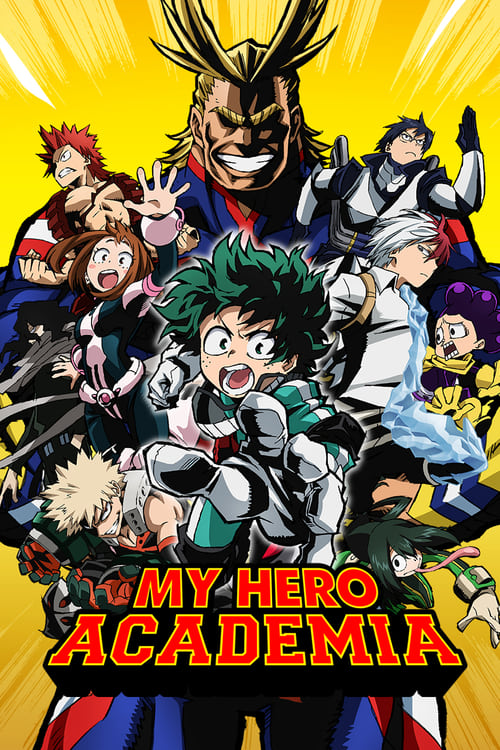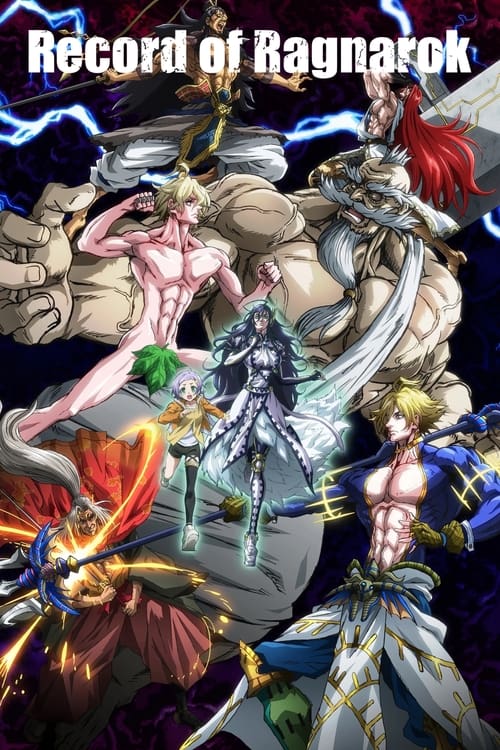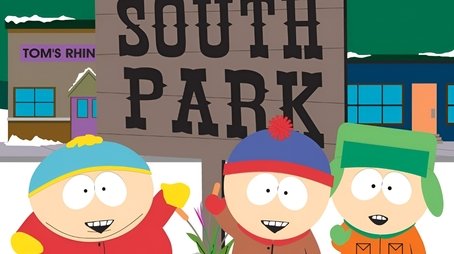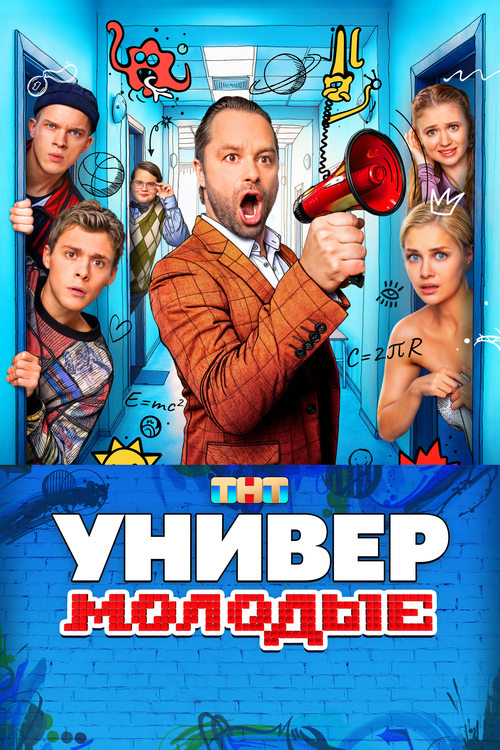
Ask Your Own Question
What is the plot?
In Episode 16 of Season 1 of "Пожить как люди," the story begins with Egor, the once-successful businessman, waking up to find that he has lost everything: his social status, friends, family, and even access to his own bank card. This sudden downfall leaves him disoriented and desperate.
Egor attempts to contact his business partners and friends, but everyone avoids him or outright rejects his calls and messages. He goes to his office, only to be denied entry by security, signaling that he has been completely cut off from his previous life.
Determined to understand what happened, Egor visits his wife, hoping for support. However, she coldly informs him that she is leaving him and has already started divorce proceedings. This confrontation is emotionally charged, with Egor pleading for a chance to explain, but she remains firm and unyielding.
With nowhere else to turn, Egor tries to access his bank account through an ATM but discovers that his card has been blocked. He realizes that someone has orchestrated his downfall, but he has no idea who or why.
Egor then decides to investigate on his own. He visits a private investigator, who agrees to help him uncover the truth behind the sudden collapse of his life. They start by reviewing Egor's recent financial transactions and communications.
The investigation reveals suspicious activities: unauthorized transfers from Egor's accounts and secret meetings involving his closest associates. Egor confronts one of his former business partners, who denies any involvement but behaves nervously.
Meanwhile, Egor's emotional state deteriorates. He experiences moments of despair and anger, reflecting on how quickly his life has unraveled. Despite this, he resolves to fight back and reclaim his life.
Egor's private investigator uncovers a lead pointing to a rival businessman who had motives to ruin Egor's reputation and business. Egor arranges a meeting with this rival, where a tense confrontation unfolds. The rival admits to orchestrating the downfall but warns Egor to stay out of his way.
Refusing to back down, Egor gathers evidence of the rival's illegal activities and presents it to the authorities. This action initiates a legal battle, with Egor fighting to clear his name and regain control over his assets.
In the final scenes, Egor begins to rebuild his life from scratch. Though he has lost much, he finds new allies and starts a modest business venture. The episode closes with Egor looking determined, symbolizing his resolve to live "like people" again, despite the hardships he has faced.
What is the ending?
The ending of "Пожить как люди," Season 1, Episode 16, shows the main character Egor coming to terms with his losses and beginning a new chapter in life, having lost his status, friends, family, and access to his bank card. The episode closes on a note of cautious hope as Egor starts rebuilding his life from scratch.
Now, a detailed scene-by-scene narration of the ending:
The episode opens with Egor in a stark, quiet apartment, reflecting on the rapid unraveling of his life. He sits alone, the weight of losing everything pressing on him--his business empire, social standing, and the trust of those closest to him. The camera lingers on his face, capturing the mix of despair and determination.
Next, Egor attempts to reach out to former friends and family members, but each call ends in silence or rejection. The scenes show him walking through familiar places now alien to him, emphasizing his isolation. His attempts to access his bank account are futile; the card is blocked, symbolizing his complete financial and social disconnection.
In a pivotal scene, Egor visits a modest café where he once held meetings. Here, he encounters a former employee who offers a small gesture of kindness--a cup of coffee and a listening ear. This moment marks the first sign of human connection and support after his fall.
Following this, Egor takes a walk in a park, where he observes ordinary people living simple lives. The contrast between his past opulence and their modest existence is stark. He contemplates the meaning of success and happiness, his expression softening as he begins to accept his new reality.
The final scenes show Egor starting a small, humble project--perhaps helping in a community center or starting a modest business venture. The episode closes with him looking out over the city skyline at dusk, a subtle smile hinting at renewed hope and resilience.
Regarding the fate of the main characters involved at the end:
- Egor: Though he has lost everything, he survives the ordeal and begins rebuilding his life with a new perspective.
- Former friends and family: They remain distant or estranged, highlighting the consequences of Egor's past actions.
- The former employee: Acts as a symbol of compassion and the possibility of new beginnings.
This ending emphasizes themes of loss, redemption, and the human capacity to start over after hitting rock bottom. It leaves viewers with a sense of cautious optimism for Egor's future.
Is there a post-credit scene?
For the TV show "Пожить как люди," season 1, episode 16 (produced in 2025), there is no available information or indication from the search results that a post-credit scene exists. The episode's plot summary and details focus on the main storyline involving the house's defense and the characters' actions, but none mention or describe any post-credit scene. The official trailers and episode descriptions also do not reference any additional scenes after the credits. Therefore, it can be concluded that episode 16 does not have a post-credit scene.
What major conflict drives the plot in Episode 16 of Пожить как люди Season 1?
In Episode 16, the major conflict centers around the character Дарлемон, who refuses to recognize and restore the identity and inheritance of his nephew Жюль, believed dead but actually raised by аббат де л'Эпе. The young advocate Франваль takes on the challenge to defend Жюль's rights against Дарлемон's attempts to usurp the estate.
How does the character Жюль develop emotionally and socially in Episode 16?
Жюль, initially thought dead, is revealed to have been raised by аббат де л'Эпе alongside a deaf-mute youth who is well-educated and literate. This upbringing shapes Жюль's emotional resilience and social awareness, especially as he confronts the betrayal by his uncle Дарлемон and the fight to reclaim his rightful place and inheritance.
What role does the deaf-mute youth play in the story of Episode 16?
The deaf-mute youth, who is highly educated and skilled in sign language, accompanies аббат де л'Эпе and is a key figure in revealing Жюль's true identity. His presence highlights themes of communication and loyalty, and he supports Жюль emotionally and practically during the legal and familial struggles.
What is the significance of the setting Toulouse in Episode 16?
Toulouse serves as the pivotal location where the main characters converge and the central conflict unfolds. It is in Toulouse that Дарлемон attempts to arrange a politically advantageous marriage for his son, while the true heir Жюль, supported by Франваль, challenges these plans to reclaim his name and estate.
How does the advocate Франваль influence the outcome of the episode’s central conflict?
Франваль, a young lawyer, plays a crucial role by taking on Жюль's case against Дарлемон. His legal advocacy and determination to defend Жюль's rights are instrumental in confronting Дарлемон's refusal to acknowledge his nephew, setting the stage for the resolution of the inheritance dispute.
Is this family friendly?
The TV show "Пожить как люди," Season 1, Episode 16, produced in 2025, is a comedy series with generally lighthearted content. However, this particular episode involves family disputes and arguments, including a quarrel over a secret family recipe and a conflict about damaged clothes at a laundromat.
Potentially objectionable or upsetting aspects for children or sensitive viewers might include:
- Family arguments and verbal conflicts: The episode centers on cousins arguing and a "catfight" scenario, which may involve raised voices, tension, and emotional distress.
- Disputes involving personal property: Conflicts over damaged clothes and leaked family secrets could include themes of betrayal or mistrust.
- Mild interpersonal drama: While not violent or graphic, the episode's focus on family tension might be unsettling for very young children or viewers sensitive to conflict.
There is no indication of explicit violence, strong language, or adult themes beyond typical family disagreements. Overall, the episode is likely suitable for older children and general audiences but may not be ideal for very young or highly sensitive viewers due to the emotional intensity of family disputes.



















